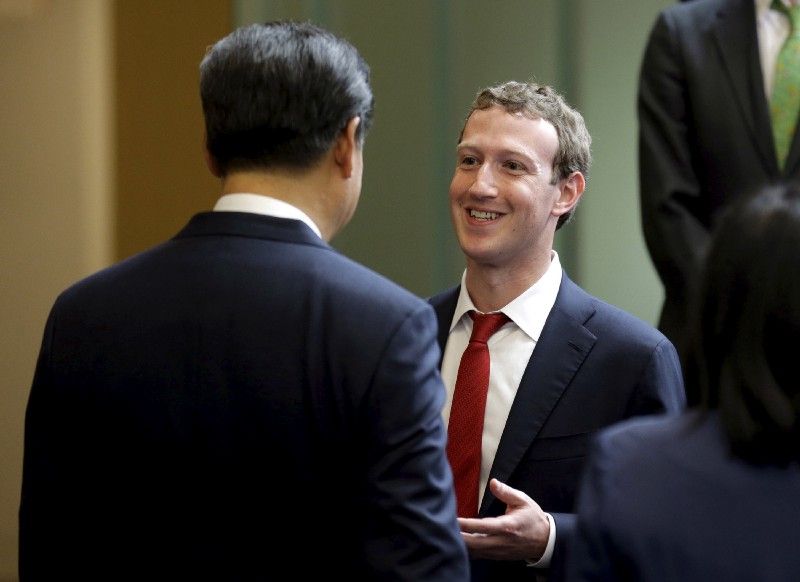Today brings important statements from the most powerful man on earth and the most powerful man on the internet. Each, in his own way, is a visionary sort of authoritarian. Neither is especially well liked by the US government at the moment.
First, Chinese President Xi Jinping delivered a keynote several hours ago at the Bo’ao Forum, a gathering of investors and global leaders that is China’s (tropical) answer to Davos.
Amid rising jitters about a US-China trade war, Mr. Xi struck something of a tactical retreat. He pledged explicitly to lower barriers to the Chinese auto sector — subject of a weekend outburst by Trump — and promised fresh movement on earlier plans to open China’s potentially lucrative financial services sector to foreign investment.
At the same time, Mr. Xi criticized the emergence of “zero-sum” trade policies and stressed the need for dialogue rather than threats. The ball (probably made in Thailand, rather than China, to be fair) is now back in Trump’s court.
But Mr. Xi remains at pains to paint a credible picture of China as a defender of free trade. China opposes tariffs on goods, sure — but the government’s expansive subsidies, low regard for IP rights, and generally high non-tariff barriers to investment are still acute problems for many of China’s trade and investment partners. On that score, Xi said little about changing his country’s signature industrial policy, the Made in China 2025 initiative, meaning that China’s strategic approach remains largely the same.
Later today, meanwhile, Facebook CEO Mark Zuckerberg will testify before Congress about two things: his company’s failure to protect users’ private data, and the ways that Facebook unwittingly facilitated efforts to meddle in the 2016 US presidential election.
He’ll contritely detail what Facebook is doing to address these problems. His main challenge is to be transparent enough to satisfy lawmakers (and shareholders) that he can fix things, but without giving Congress any bright ideas about tighter regulation. Facebook is already facing a big regulatory hit in Europe, where privacy laws are much tougher.
For now, most in Congress still see tighter regulation as a threat to innovation and free speech. But amid growing concern about social media’s negative impact on social cohesion, that can’t be taken for granted any more, and Zuckerberg knows it.
Xi and Zuckerberg are, in a sense, both making tactical feints in order to avoid more significant reforms to business models that have served them well. How long will their audiences buy it?
